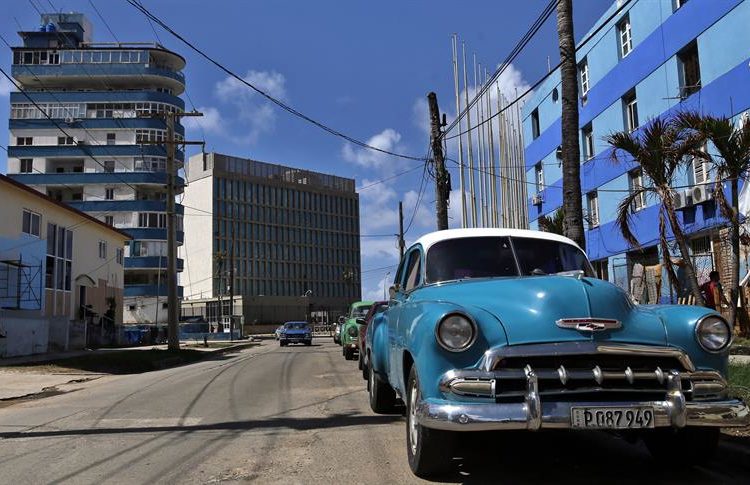Ten scientists questioned this Tuesday the results of a report published in March in which it was affirmed that the personnel of the U.S. embassy in Havana had suffered damages similar to a concussion as a consequence of some mysterious “sonic attacks.”
Neurologists and doctors from countries like the U.S., United Kingdom and Germany questioned the report’s conclusions in four letters published in the magazine Journal of the American Medical Association (JAMA), used by the U.S. Medical Association to publish its discoveries.
The report now questioned was published in its day by the JAMA and was the first scientific proof that backed the U.S. version about the damages suffered by 21 of its diplomats, a number that in recent months was increased to 26 by the Department of State.
The experts defend in their letters that the authors of the March study – three MDs from the University of Pennsylvania – could have misinterpreted the result of the medical tests or ignored disorders that caused symptoms among a wide-ranging group of persons, such as psychological factors.
One of the scientists who question the report is U.S. sociologist Robert Bartholomew, who attributes the symptoms suffered by the diplomats to a phenomenon of “collective hysteria,” a psychological disorder that can cause brain damages and that slowly develops, as he explains.
https://oncubamagazine.com/sociedad/ataques-sonicos-histeria-colectiva/
The alleged attacks worsened the already delicate relations between the U.S. and Cuba, since Washington has accused Havana of knowing who perpetrated them and of not appropriately protecting the officials of its embassy and their families, which the Cuban government denies.
Due to those attacks, which Washington initially described as acoustic – although it later recognized it had not confirmed their nature -, the U.S. ordered the exit of the non-essential personnel of its mission in Cuba, that is to say, 60 percent of the total.
The United States has also detected similar health problems in its diplomatic personnel in the consulate of Guangzhou, in China.
EFE / OnCuba










